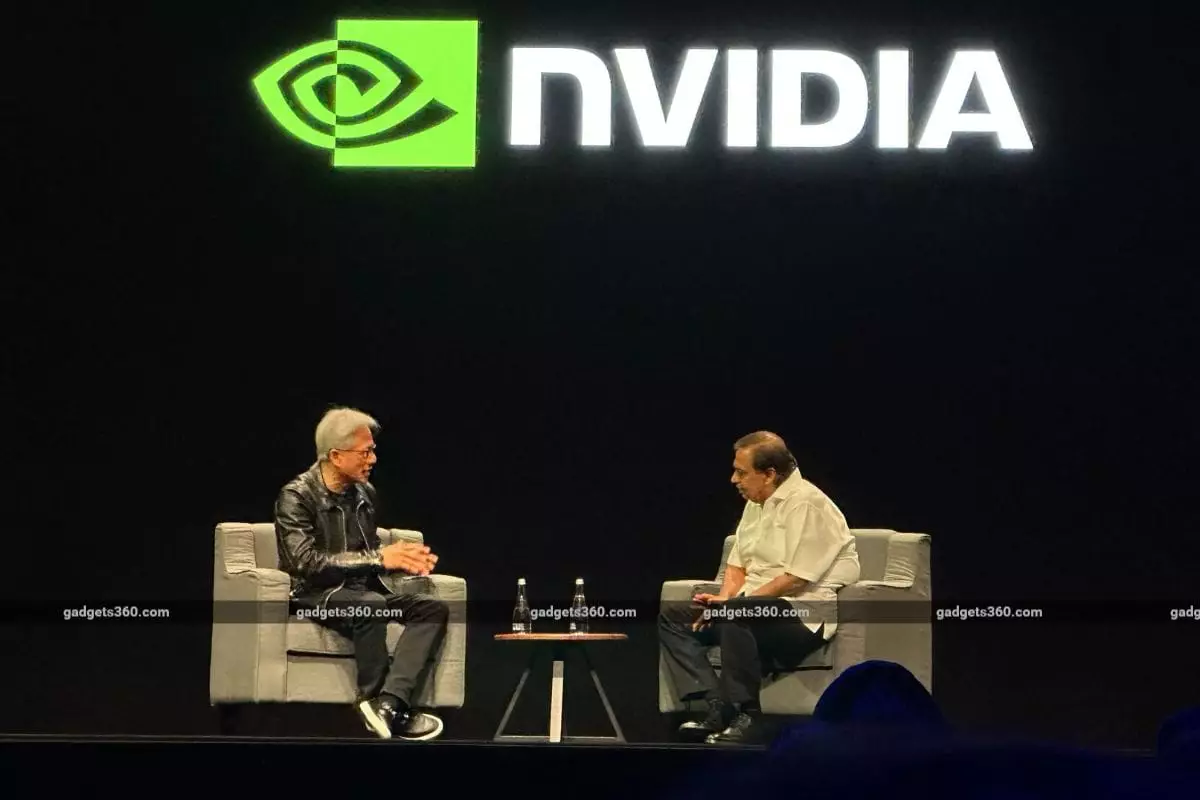Nvidia’s CEO, Jensen Huang, recently made it clear that the future of technology relies heavily on global collaboration, regardless of the potential restrictions imposed by new U.S. policies. His statements come in the context of ongoing tensions surrounding technology exports, particularly between the U.S. and China, which have shaped the industry landscape for several years. Although the U.S. government has escalated restrictions on technology transfers citing national security, Huang’s optimism reflects a broader belief in technological cooperation beyond borders.
From Huang’s perspective, historical precedents demonstrate that scientific advancement hinges on collaboration across nations and disciplines. The essence of open science, according to Huang, serves as a bedrock for progress in technology and society at large. He expressed faith that innovation will find a way to flourish, irrespective of stringent political barriers. Huang underscored the necessity of adapting to laws while simultaneously innovating for a global customer base. His insights not only highlight the intricacies of navigating regulatory landscapes but also reflect the resilient spirit of the technology industry.
During a recent address at the Hong Kong University of Science and Technology, Huang emphasized that we are entering a new age characterized by the burgeoning field of artificial intelligence (AI). He heralded this moment as a significant turning point in computing history, asserting that AI will redefine every industry and aspect of scientific inquiry. The mere invocation of the idea that “the age of AI has started” leaves a profound impact, prompting not just excitement but also a recognition of the seismic shifts occurring within the technology landscape.
For Nvidia, this new era holds immense promise. Huang articulated that their innovations have been pivotal in igniting a new industrial revolution, essentially pioneering what could be seen as a renaissance in computational capabilities. By evolving from the original graphics processing units (GPUs), Nvidia has stayed at the forefront of AI development, providing tools and platforms that are essential for tackling modern challenges—a critical aspect as industries seek solutions to complex issues.
At the heart of Huang’s message was a compelling call to action for the next generation of scientists and engineers. His sentiments emphasized a pivotal moment in technological evolution where young professionals have unprecedented access to resources and tools required to advance knowledge across various domains. He encouraged students to seize this unique opportunity as the world recalibrates and embraces innovation.
Huang alluded to the monumental challenges humanity faces today. His reminder that these challenges are surmountable with the right technological advancements serves as a beacon of hope. By framing the future as a canvas where these fresh graduates can paint their narratives, he invokes a sense of responsibility and ambition among the new leaders of tomorrow.
As we navigate an increasingly interconnected yet politically fragmented world, the insights shared by Jensen Huang resonate with the necessity for cooperation and innovation in technology. His assertions about the enduring relevance of global collaboration amid regulatory challenges remind us that the real power lies in our collective capability to adapt and evolve, particularly within the transformative realm of artificial intelligence.

Leave a Reply